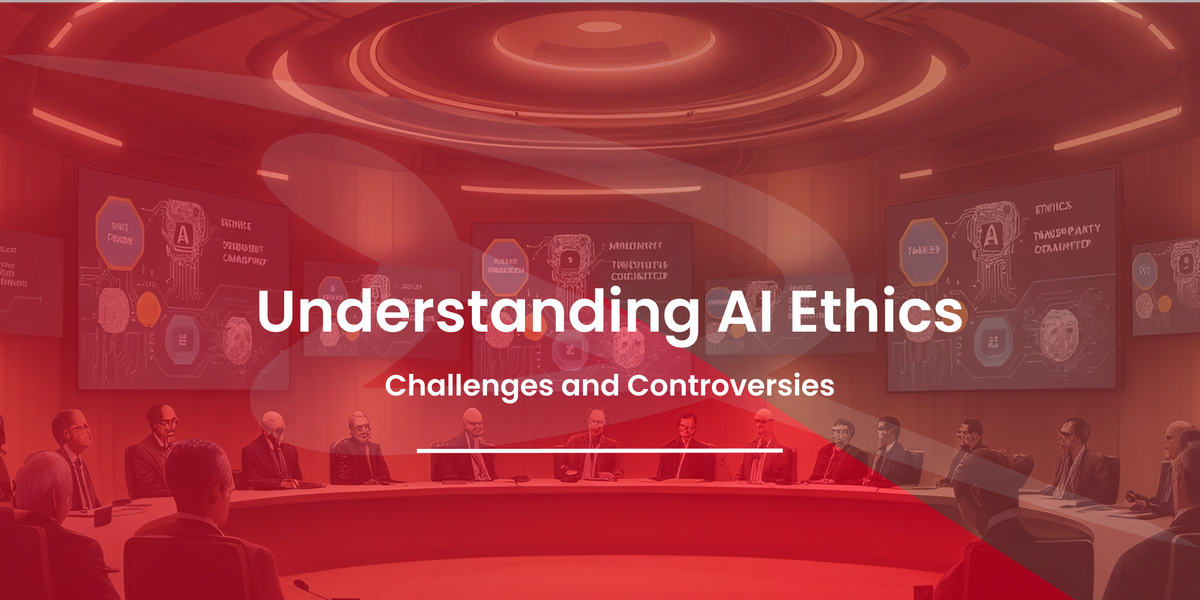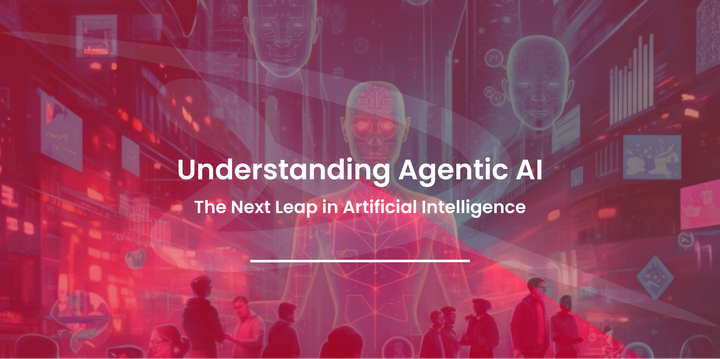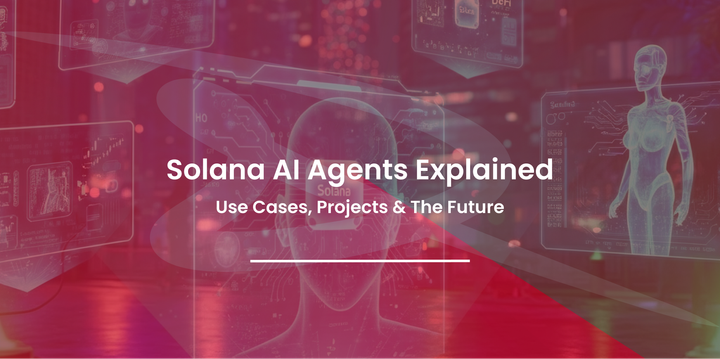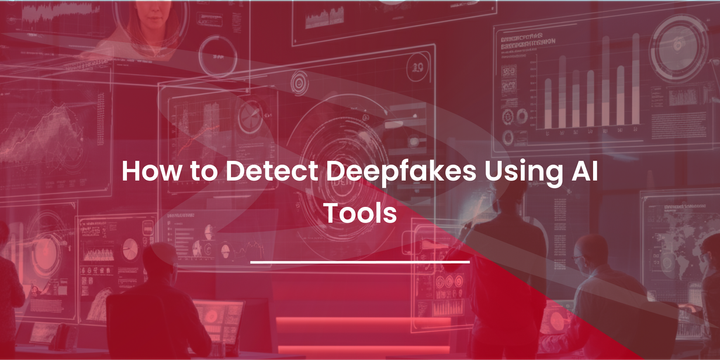Understanding AI Ethics: Challenges and Controversies
Explore key challenges in AI ethics like bias, privacy, and transparency, and learn how to ensure AI is used ethically for progress.

Artificial intelligence (AI) is reshaping our world in ways that were unimaginable just a few decades ago, from self-driving cars to personalized recommendations on our favorite streaming platforms. But as this technology grows more powerful, so do the ethical questions surrounding its use. How can AI be fair, transparent, and inclusive while driving progress? These aren’t just questions for tech wizards—they affect every one of us.
This guide is here to unpack the concept of AI ethics. We'll break down its principles, explore the challenges and controversies, and outline actionable steps for ensuring AI technology benefits everyone. Spoiler alert—it’s not as technical as it sounds, and we’ll keep it simple and engaging.
Whether you're a tech enthusiast trying to expand your knowledge, a student researching for a project, or someone who simply wonders how AI is influencing their daily life, this blog will give you clarity (and maybe even spark some fascinating dinner-table conversations).
What is AI Ethics?
Defining AI Ethics
At its core, AI ethics refers to the guidelines and principles used to ensure artificial intelligence systems are developed and deployed responsibly. It’s about making AI systems that align with fundamental human values, like fairness, accountability, and transparency.
To stick with the basics, here are the four key principles of AI ethics:
- Transparency: AI systems should be open and explainable. How did AI arrive at its decision? Users deserve to know.
- Fairness: AI should treat all groups and individuals equitably, without bias or discrimination.
- Accountability: Someone must take responsibility for AI’s decisions. You can’t blame a machine.
- Privacy: AI must respect user data and protect sensitive information.
Expert Tip: “The ethical design of AI is not optional—it’s essential,” says Dr. Anjali Gupta, a leading researcher in AI and human rights.
Why Ethical Guidelines in AI Matter
Imagine being turned down for a job because an automated system found your “profile” unsuitable without giving a reason. Or picture being targeted for ads or opportunities simply because of your gender, ethnicity, or zip code. Scenarios like these highlight why clear ethical frameworks are so critical in AI. Without them, the risk of harm—intended or unintended—skyrockets.
Major Ethical Challenges in Artificial Intelligence
AI isn’t perfect (not yet, at least). And with its growing presence in everything from online shopping to healthcare, its flaws can have serious consequences. Here’s a closer look at some of the most pressing challenges AI developers face:
Bias and Discrimination
AI systems are only as good as the data they're trained on. If that data is biased, the AI will be too. For example:
- AI hiring tools have shown a preference for male candidates over female ones simply because they’ve been fed historical data that reflects workplace gender bias.
- Facial recognition software has significantly higher error rates when identifying people of color, leading to wrongful arrests and other injustices.
Marginalized communities bear the brunt of this bias. Fixing it means collecting more diverse data and rigorously checking AI predictions for unfair trends. “Bias isn’t just a technical glitch—it’s a societal one. And fixing AI bias forces us to confront deeper inequalities,” explains Dr. Mark Johnson, author of Humanizing the Machine.
Privacy Concerns
AI thrives on data—the more, the better. But where does this data come from? Often, it’s from you.
- Smart devices and apps collect massive amounts of personal information, often without your full understanding or consent.
- AI in surveillance technologies can invade privacy under the guise of public safety (think facial recognition cameras in public spaces).
Lack of Accountability and Transparency
Who takes the blame when AI gets it wrong? This question still hasn’t been fully answered.
- The “black box” problem refers to situations where it’s unclear why or how an AI system made a decision.
- Without transparency, holding anyone accountable when something goes wrong—like AI in a self-driving car making a fatal mistake—becomes incredibly challenging.
Job Displacement and Economic Impact
Automation powered by AI is a double-edged sword. It boosts productivity but can replace millions of human jobs.
- Industries like manufacturing, logistics, and customer support are already feeling the effects of widespread AI adoption.
- The challenge is finding a balance where innovation doesn’t come at the expense of societal welfare.
Controversies Surrounding AI Ethics
For all its potential, AI also has its fair share of ethical controversies that can divide opinion. Here are a few hot-button issues making headlines:
AI in Military and Surveillance
- AI is being used in autonomous weapons systems, raising ethical concerns about human control in life-or-death scenarios.
- Mass surveillance projects, often using AI-powered facial recognition, spark debates about privacy versus security.
Deepfakes and Misinformation
AI technologies can now create deepfakes—videos or images altered to look real but entirely fabricated.
- These tools have been weaponized to spread misinformation, attack public figures, or sow distrust.
Intellectual Property and Ownership
- When AI composes music, writes poetry, or creates artwork, who owns the rights? The programmer? The user? The AI itself?
- Debates about creativity and originality in AI-generated content are ongoing, with no clear consensus yet.
How to Address Ethical Challenges in AI
Creating ethical AI is not just possible—it’s necessary. Here’s how organizations and individuals can help:
- Implement Guidelines: Establish clear ethical frameworks like the ones proposed by organizations such as the EU’s AI Act or the OECD’s AI Principles.
- Foster Transparency: Developers should build systems that explain their decisions in clear, understandable ways.
- Diversify Development Teams: A more diverse group of coders and engineers means fewer blind spots when creating AI.
- Policymaker Intervention: It’s up to lawmakers to regulate how and where AI technologies are deployed, preventing misuse.
The Future of AI Ethics
The conversation on AI ethics won’t end anytime soon—and that’s a good thing! Ongoing dialogue ensures that as AI advances, so do the protections around it. Emerging trends like ethical AI certification programs or collaborative global AI oversight organizations show promise in holding technology accountable.
If we approach AI with caution, care, and collaboration, we can innovate responsibly without leaving anyone behind.
FAQs on Understanding AI Ethics
What is AI ethics, and why is it important?
AI ethics refers to principles that ensure the development and use of AI align with societal values. It's important to minimize risks like bias and maximize AI's potential for good.
How does bias occur in AI systems?
Bias occurs when the data used to train AI reflects societal prejudices or is imbalanced, which can lead to unfair outcomes.
What are some ethical considerations when using generative AI?
Consider issues like plagiarism, misinformation, and ensuring that the use of AI aligns with transparency and fairness.
Can AI be made completely unbiased?
It’s nearly impossible to remove all bias, but diverse data and rigorous checks can reduce it significantly.
What are the main ethical challenges of Artificial Intelligence?
Challenges include bias, lack of transparency, privacy concerns, job displacement, and misuse in areas like surveillance or warfare.
How to use AI ethically as a student?
Use AI tools responsibly by crediting sources, avoiding plagiarism, and ensuring it complements your work rather than does it for you.




Comments ()